Due to legal status, getting a job as an international student is a complex process that is obtained more by chance than how qualified an individual is.
To remain in the U.S. legally, international students must either have a school or work visa. Many foreign students are studying in the U.S. under an F-1 visa, which is a school visa that allows foreign students to stay in the U.S. until their education is complete. Once international students graduates though, she or he must leave the country within the next 60 days.
One way for foreign students to prolong their time in the states is to obtain working visas like the H-1B visa. H-1B visas are sponsorship visas that employers can offer to international students. However, acquiring these visas is a challenging process because it’s costly and complicated for employers. Even when a company tries to sponsor a foreign student, there’s no guarantee that this student will get an H-1B visa because these visas are handed out on a lottery system.
According to Career Center Director Megan Odom, trying to sponsor an international student with an H-1B visa is a risk that many employers don’t want to take.
“It is a lottery system, so (foreign students) apply for the visa and they may or may not get it,” Odom said. “(Employers) are putting training into that student with an unknown factor of whether or not they’re going to be able to hire them long-term. And I think that so there’s a lot of challenges the whole hiring aspect.”
Another challenge to H-1B visas is that employers must prove to the U.S. government that they conducted an extensive search of U.S. citizens for the job before offering it to a non-resident.
“(Companies) have to prove to the government that they can’t find a U.S. citizen or current resident with those skills,” Odom said. “So I think it’s an uphill battle for international students.”
Kareem Huwaidi, an international student from the Middle East, said that employers often are interested in hiring him until they learn that he needs a sponsorship visa.
“The struggle here is not about getting the job, it’s about getting sponsorship. Like companies will be interested in you until they find out that you’re not a U.S. citizen then they don’t want to go down that process,” Huwaidi said. “And a lot of companies don’t want to go with the extra hassle. I mean if you think about it you just got hired and then you’re asking the company too much paperwork to do for you.”
Thus when international students go to career fairs on campus, very few opportunities are even offered to them.
“At the career fair it’s just a big disappointment,” Huwaidi said. “You could do an experiment there and you’d be surprised that nobody there really wants to talk to you as international students.”
Joe Soe, an MBA student from Myanmar, said that he and his classmates had similar experiences at the career fair.
“The last time we attended (a career fair) almost all international students in our MBA program attended it (and) they all had the same results saying that companies, some of them don’t even know what an H-1B visa is.”
After hearing these stories, Odom advised that international students looking for employment should come into the Career Center to work with her and her staff.
“I think the career fair, as I would tell any student on campus, is one resource (but) it is not the only resource,” Odom said. “What I would encourage (students) to do is to come and meet with an advisor because what we want to do is to really make it a more personalized job search.”
Alex Grant can be reached at [email protected] or @AlexanderThomasGrant on Twitter.









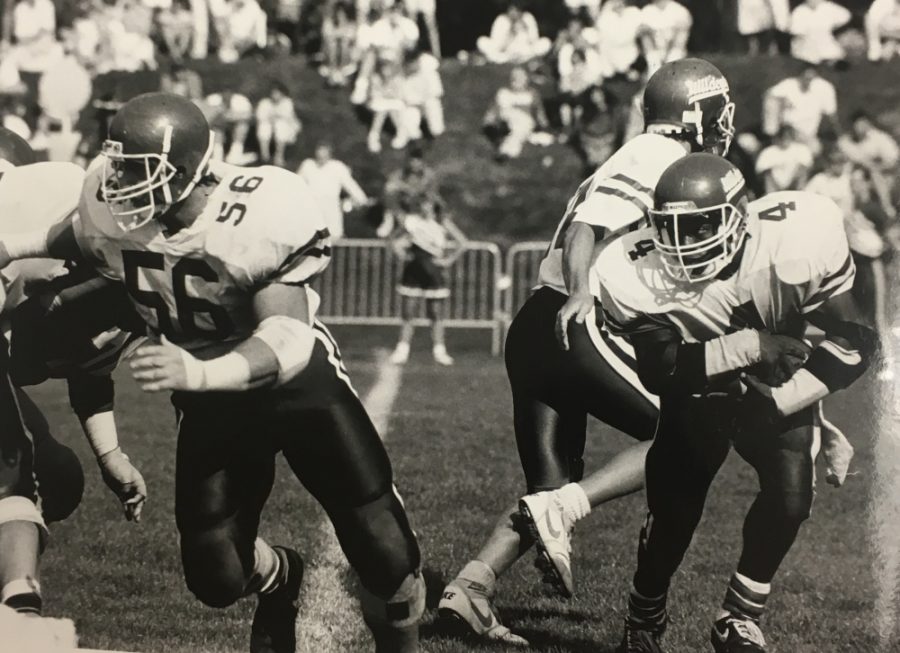
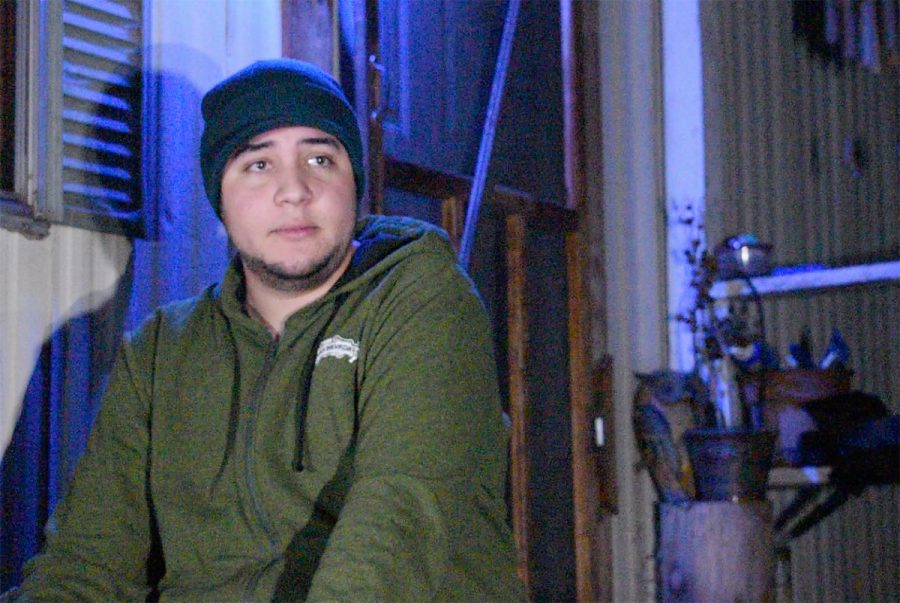

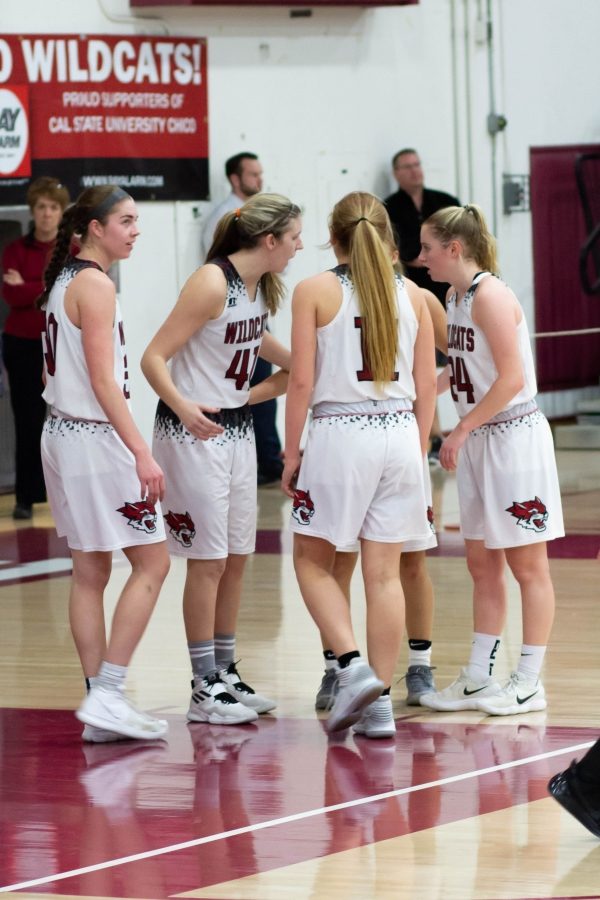

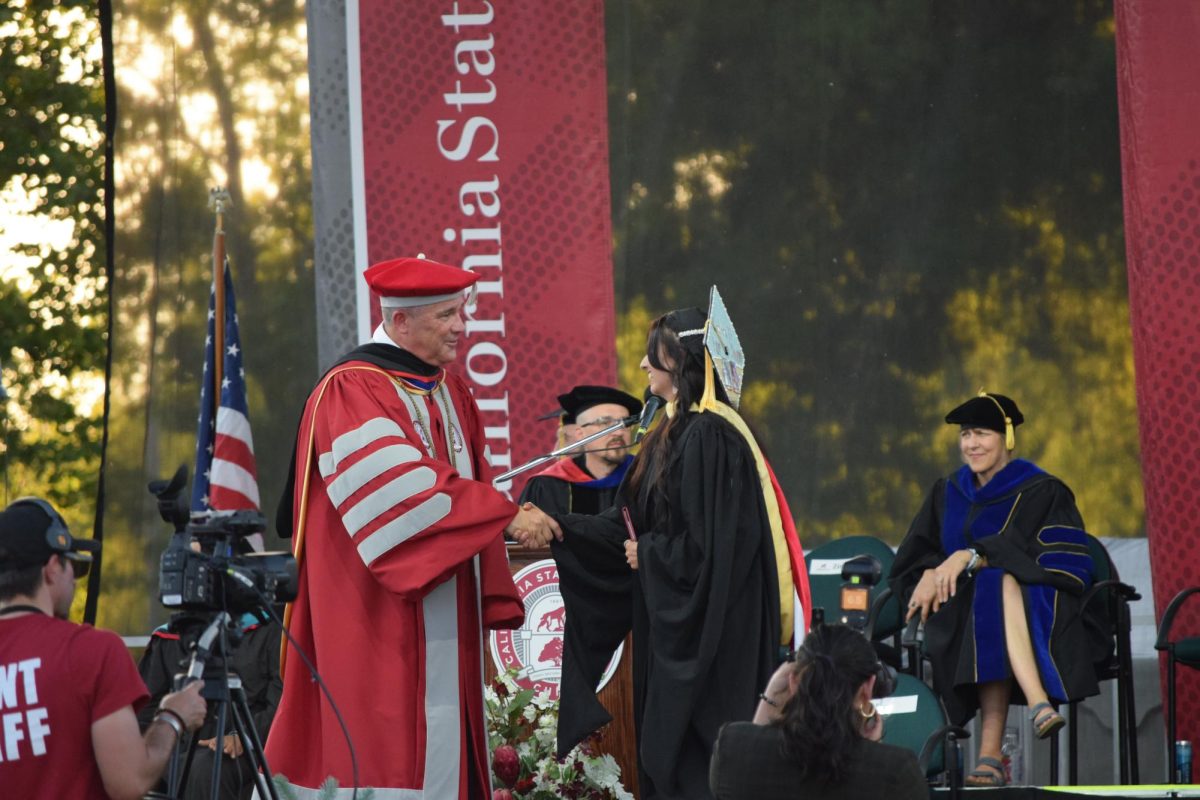
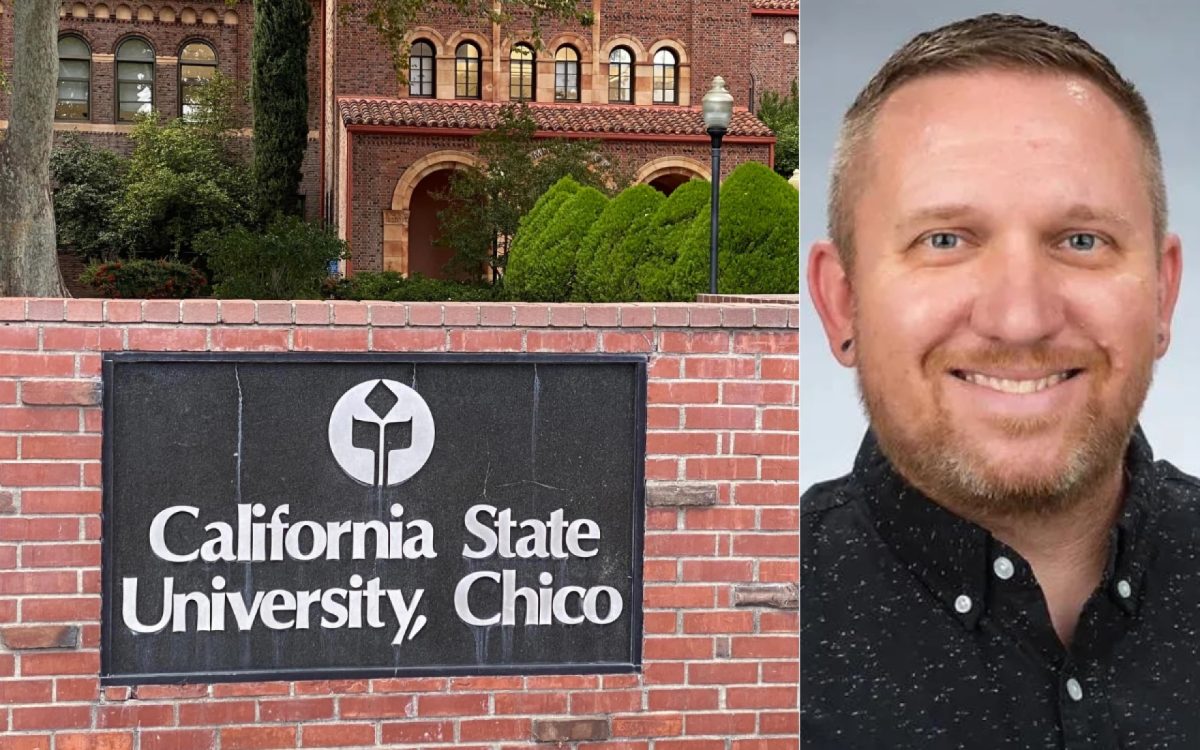
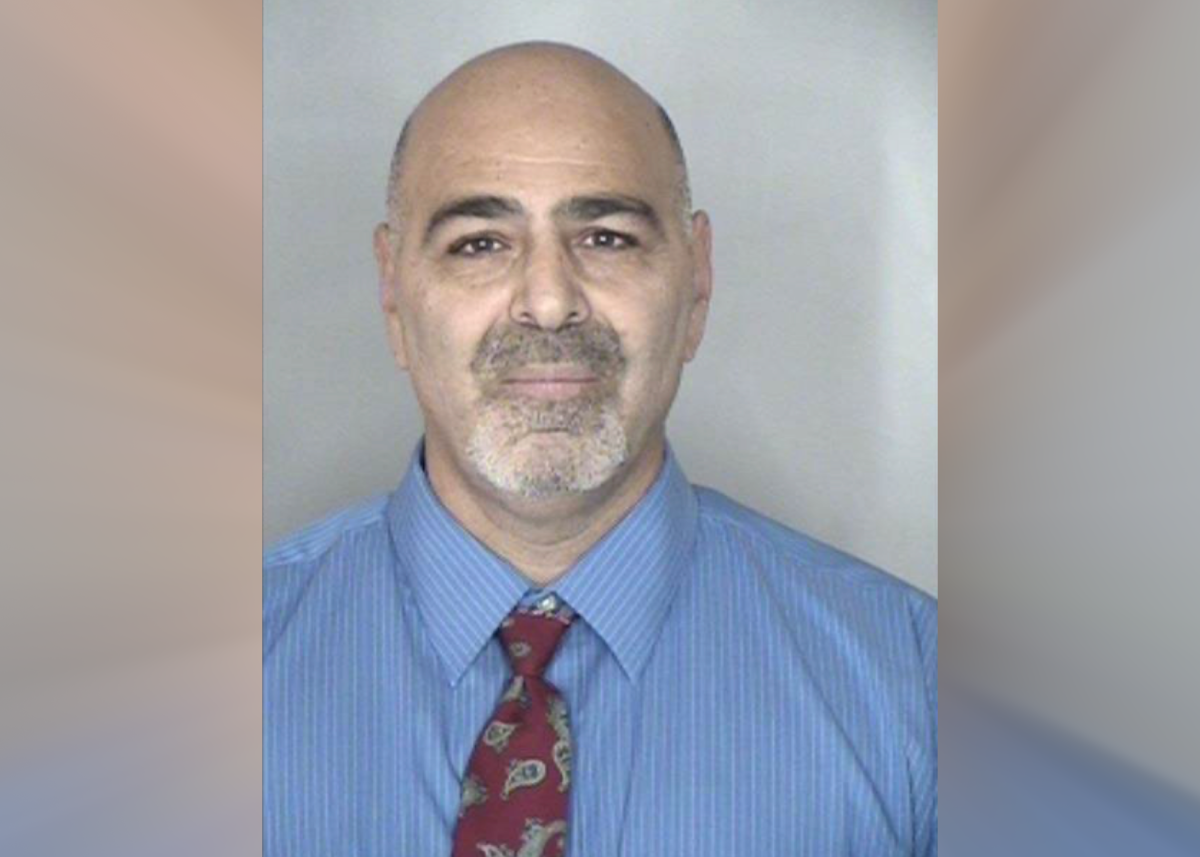
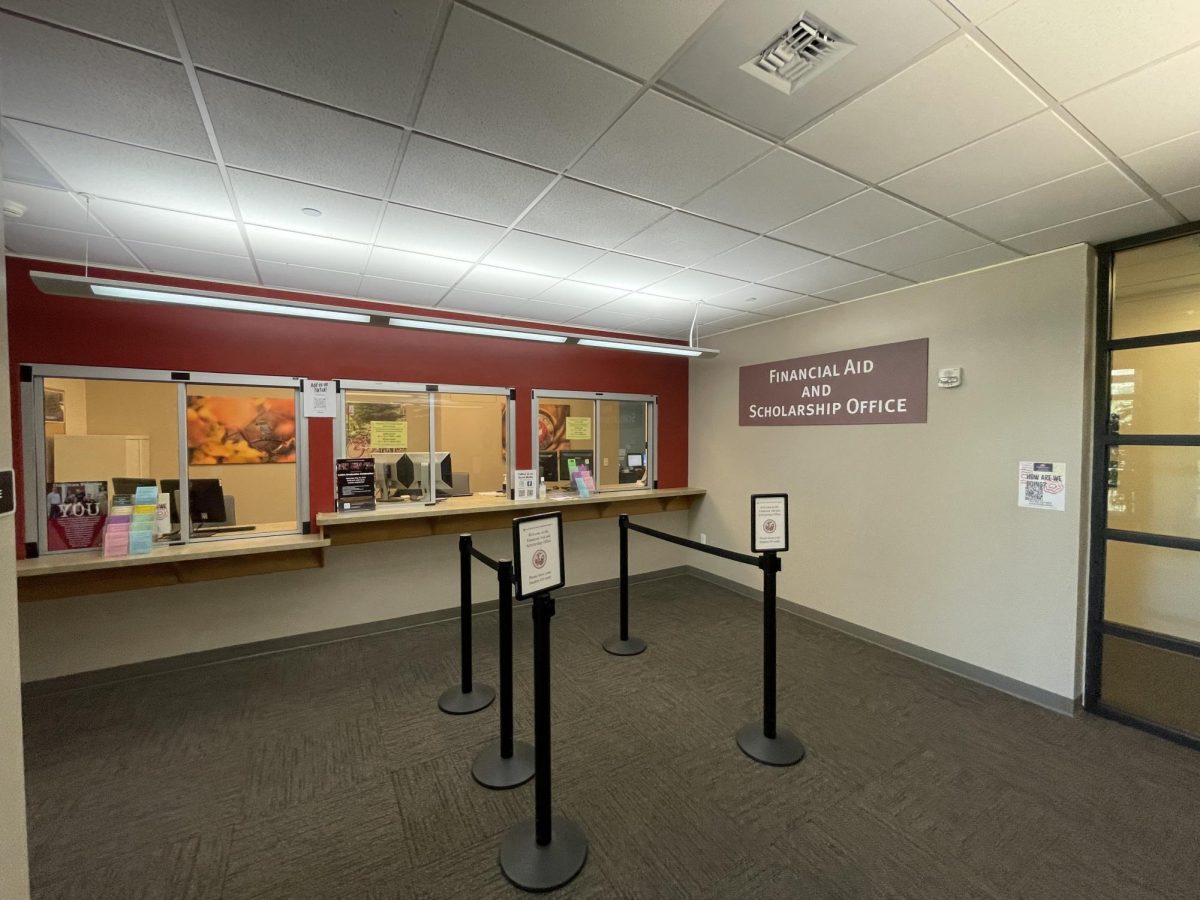

Perturbed Pundit // Feb 18, 2018 at 4:36 am
After so much time has passed since I wrote my previous comments pointing out the inaccuracies of this article, I’m shocked and disappointed that a correction hasn’t been made.
Perturbed Pundit // Dec 10, 2017 at 4:50 am
This is factually incorrect on many accounts. Most egregious is the claim that employers must search for US citizens first. The vast majority of employers are NOT required to do so. Only those employers who are “H-1B dependent” (15% of ENTIRE workforce is comprised of H-1B workers). “H-1B dependent” employers make up a tiny fraction of all companies who exploit the H-1B visa laws. You should post a correction.
Perturbed Pundit // Dec 7, 2017 at 6:52 pm
“Another challenge to H-1B visas is that employers must prove to the U.S. government that they conducted an extensive search of U.S. citizens for the job before offering it to a non-resident.
“‘(Companies) have to prove to the government that they can’t find a U.S. citizen or current resident with those skills,’ Odom said. ‘So I think it’s an uphill battle for international students.'”
This is incorrect. For the vast majority of companies, there is no requirement that they prove that they can’t find US citizens before securing H-1B visa workers. Only companies that have 15% or more of their ENTIRE WORKFORCE must prove they can’t find a US citizen or permanent resident.[1] The percentage of companies whose H-1B workforce comprises 15% or more of their entire workforce is very small. Companies can and do replace US citizens and permanent residents with H-1B workers, or simply bypass US citizens and permanent residents altogether. It’s ironic that H-1B workers who become US citizens eventually become victims of the H-1B visa.
While lobbying Congress for more H-1B visas, industry claims H-1B workers are the “best and brightest”. Come payday, however, they’re entry-level workers.
The GAO put out a report on the H-1B visa that discusses at some length the fact that the vast majority of H-1B workers are hired into entry-level positions. In fact, most are at “Level I”, which is officially defined by the Dept. of Labor as those who have a “basic understanding of duties and perform routine tasks requiring limited judgment”. Moreover, the GAO found that a mere 6% of H-1B workers are at “Level IV”, which is officially defined by the US Dept. of Labor as those who are “fully competent” [2]. This belies the industry lobbyists’ claims that H-1B workers are hired because they’re experts that can’t be found among the U.S. workforce.
So this means one of two things: either employers are looking for entry-level workers (in which case, their rhetoric about needing “the best and brightest” is meaningless), or they’re looking for more experienced workers but only paying them at the Level I, entry-level pay scale. In my opinion, employers are using the H-1B visa to engage in legalized age discrimination, as the vast majority of H-1B workers are under the age of 35 [3], especially those at the Level I and Level II categories.
Any way you slice it, it amounts to H-1B visa abuse, all facilitated and with the blessings of the US government.
The National Association of Colleges and Employers (NACE) has never shown a sharp upward trend of Computer Science graduate starting salaries, which would indicate a labor shortage (remember – the vast majority of H-1B visas are granted for computer-related positions). In fact, according to their survey for Fall 2015, starting salaries for CS grads went down by 4% from the prior year. This is particularly interesting in that salaries overall rose 5.2% [4][5].
References:
[1] “Marco Rubio’s claim that it’s ‘illegal’ to replace American workers using H-1B visas” – Washington Post, March 17, 2016
[2] GAO-11-26: H-1B VISA PROGRAM – Reforms Are Needed to Minimize the Risks and Costs of Current Program
[3] Characteristics of H-1B Specialty Occupation Workers Fiscal Year 2016 Annual Report to Congress October 1, 2015 – September 30, 2016
[4] NACE Fall 2015 Salary Survey
[5] NACE Salary Survey – September 2014 Executive Summary
noh1bs // Dec 7, 2017 at 2:19 pm
Why not go back to your birth country and help improve it? I’ll never understand the lack of loyalty.